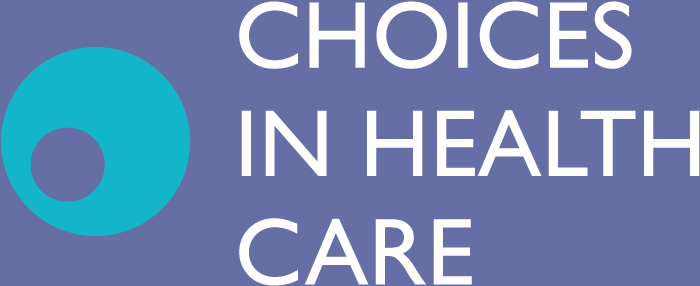What are the criteria for including or excluding services?
Under section 19 of the Constitution, the public authorities shall guarantee for everyone adequate health services. This provision ultimately sets the limits within which the service range can be defined.
Under section 7a of the Health Care Act, the service range in health care comprise medically and dentally justified disease prevention, examinations to detect an illness, and diagnosis, treatment and rehabilitation. The service range do not, however, include such health and medical care procedures, examinations, treatments and rehabilitation that involve an unreasonably high risk for the patient’s life or health in view of the health benefits to be gained or whose effect is limited or whose costs are unreasonably high in view of the health benefits to be gained and the therapeutic value.
The concepts of medically and dentally justified, unreasonably high risk, limited effect and unreasonably high costs are not defined in concrete terms in the Health Care Act or its background documents.
All these criteria for including services in the range or excluding them referred to in the Health Care Act are relative and based on value judgements. No pre-existing and generally accepted interpretations of them exist. The task of the Council for Choices in Health Care thus is to interpret and define these concepts.
The Council’s division for processes and principles prepares and updates descriptions of processes, methodology and principles used to define the service range and submits them to the Council for approval.
At its meeting held on 26 May 2016, the Council specified and approved the principles for defining the service range within the boundary conditions set by the Constitution and the Health Care Act as follows:
1. SIGNIFICANCE OF A HEALTH ISSUE
A health issue should be significant enough to justify its medical treatment on public funding. When assessing its significance, not only medical knowledge but also societal values are applied to the issue.
2. MEDICAL JUSTIFIABILITY
Services that are included in the choices should be medically or dentally justifiable. Medical justifications are assessed by examining the relative effectiveness and safety of the intervention and the seriousness of the health issue. The interventions should be effective enough in proportion to the seriousness of the health issue and the risks of the health technology used.
3. ETHICAL AND FINANCIAL ASPECTS AS A WHOLE
The ethical aspects and practicalities of organising healthcare should be taken into account when defining the service range. For example, this means that healthcare interventions financed from public funds are underpinned by the accepted values of society, including the principle of treatment with human dignity. An effort will be made to allocate the total resources fairly between those who need healthcare services. The introduction of costly new technologies will also be assessed from the perspective of the overall financial carrying capacity of society and the healthcare system.
Decisions on the care of patients are based on an individual assessment of their care needs, in which the valid legislation and recommendations on the contents of the service range as well as the patients' ability to benefit from treatment are taken into account.
For more information on the principles, see the following report (in Finnish):
Terveydenhuollon palveluvalikoiman nykytila, määrittelyn perusteet ja kehittämistarpeet - Terveydenhuollon palveluvalikoimaneuvoston väliraportti 26.5.2016 (The current status, principles for defining and development needs of health services financed by public funding - Interim report of the Council for Choices in Health Care in Finland)



